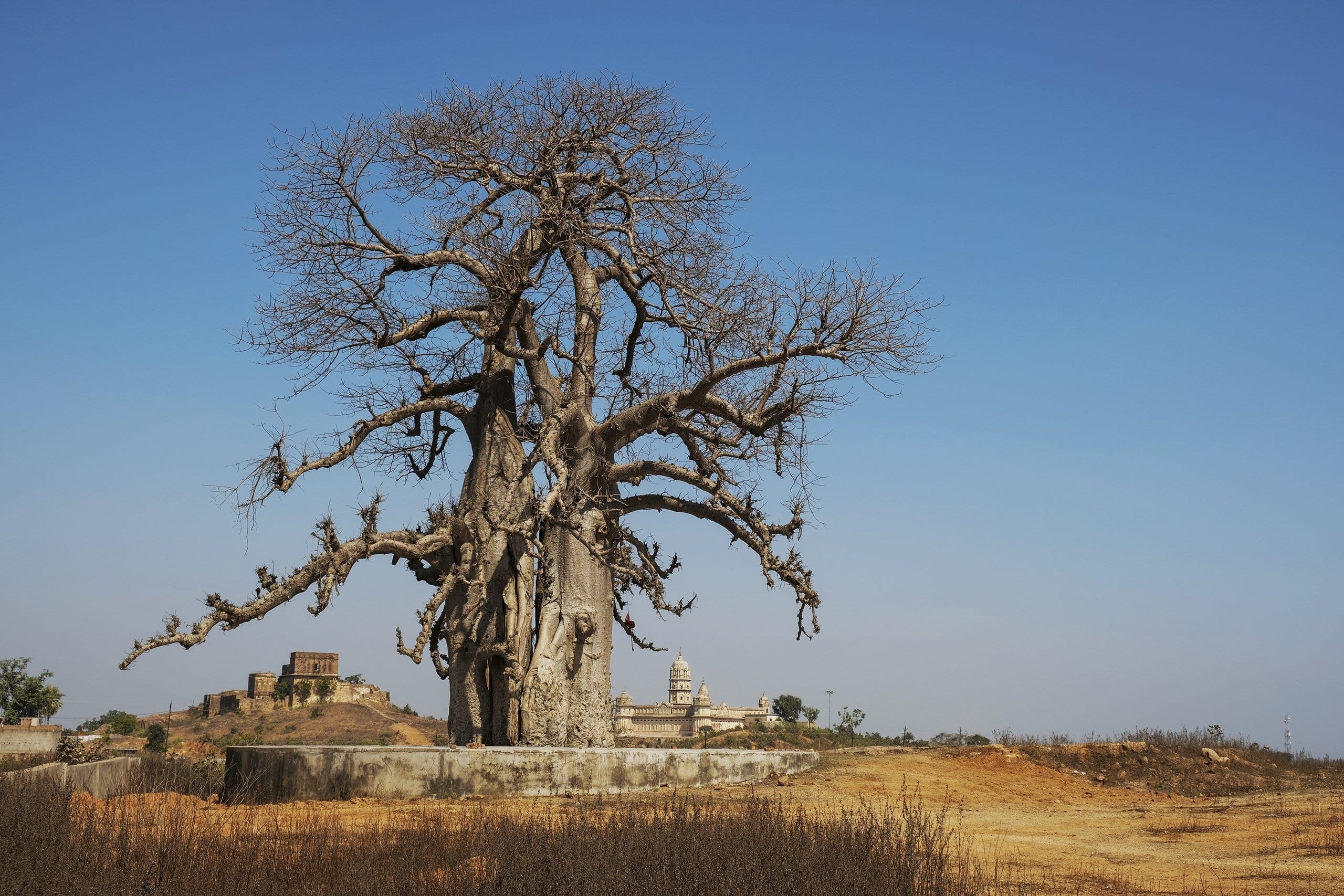We asked our authors and our network to answer three questions on how they are coping with this challenging moment in history. Here is the interview with the photographer and author of DooG Reporter NATASCIA AQUILANO.
Is there any beauty in the world, even banal, that you have rediscovered in this period?
I want to answer this question by starting with what I like least these days: photographers before photography. I see so much ostentation and so little feeling. Right, to photograph and document – photography is, after all, collective history – but photographic fanaticism, I think, leaves time to be found. I, too, can’t wait to shoot, my hands itch, but my urgency is more about what I want to tell and how to make my story as truthful as possible. And this period is helping me. I am very focused on observation. I rediscovered the beauty of a timeless every day that I used to call boredom. I have learnt to slow down to enjoy my breakfast without looking at my watch or, worse still, at my phone. Last, but not least, I am learning to distinguish what and who I miss from what and who were mere habits disguised as needs. Today more than yesterday, ‘we are home’. That Home that I like to translate as ‘I have Me‘ because that is what it is, the only certainty we have now within these walls is ourselves. Honestly, I hope this however dramatic period will soon be over; we are social animals, and I need others, the street, voices, smells, looks, and smiles, but at the same time, I hope I do not lose track of this rediscovery.
How do you think your profession has changed or will change?
Indeed photography as an artistic practice has changed for the better and for the worse. Many, unable to move, have experimented and continue experimenting with photography within their homes. I have seen so many try their hand within four walls and produce new aesthetic forms of their everyday life. Things are seen every day and not given the slightest importance. This, if you like, from a more intimate and personal point of view is interesting; it is an exercise which can give rise to new projects or offer insights into a new approach to one’s work. In general, many areas of photography have and are suffering greatly from the consequences of Covid-19. Photojournalism is the one that still resists, but overall, it concerns few. I cannot say how photography has changed, is changing or will change; it certainly has been, is, and will continue to be, in some way, a testimony to the changing world, and I cannot, however hard I try, imagine a world without it, a world without history.
A picture, a book and a song that represent this period for you.
Undoubtedly, the first image that comes to mind when thinking of these days is that of a world that, to defeat evil, MASKS itself for (the) good. Sometimes even too much!
Thomas Mann’s The Magic Mountain is a book that inevitably brings me back to this period. A text that speaks precisely of isolation, of a sanatorium, a place outside time, where anything can become possible, of an illness seen more as a mental condition than a physical one, and of love, fortunately!
These days, a recurring piece of music is Spinning Song by Nick Cave and The Bad Seeds. A kind of morning mantra to which I am now accustomed. I then go by periods; tomorrow, I may forget and start with a new obsession.


